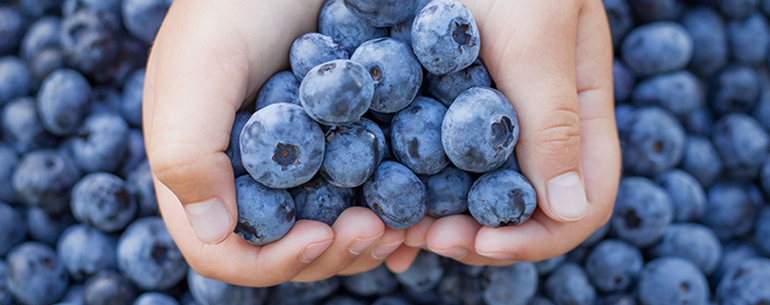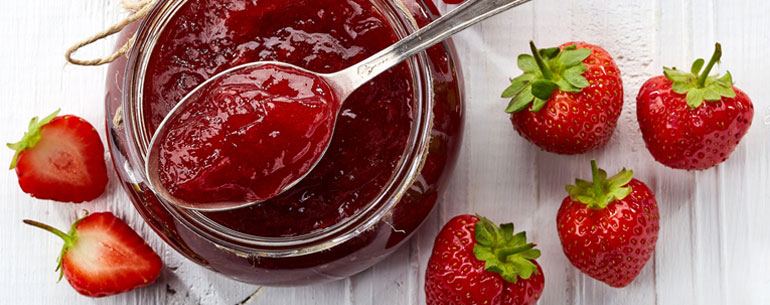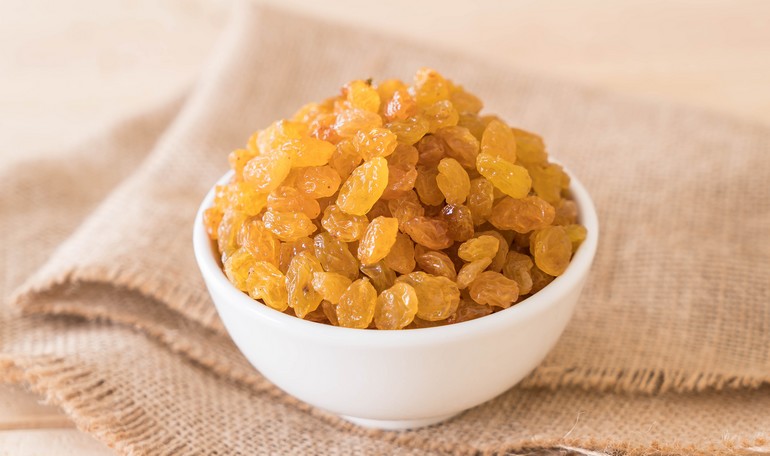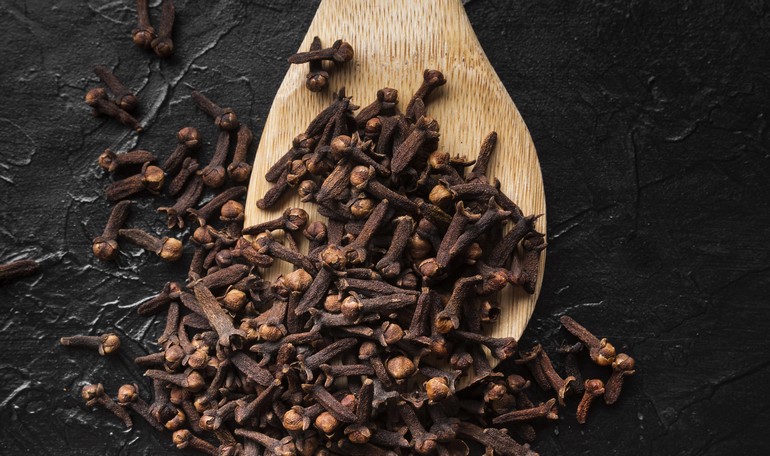The word from the nutritionist
Peanuts and their secrets
Elvis Presley was fond of peanuts and the same was the Disney Goofy, who ate it to turn into Super Goof: technically they belong to the group of Fabaceae (or legminose) so, unlike what everyone thinks, they are not nuts or oilseeds, but cousins of foods such as beans, lentils, chickpeas and soybeans
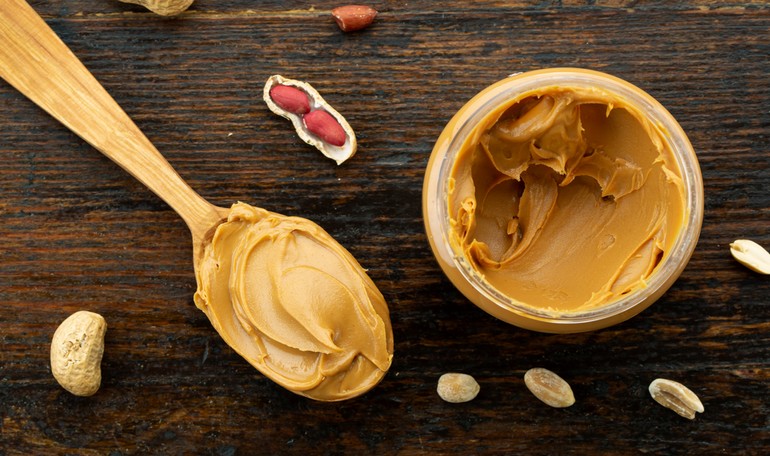
The history of peanuts dates back to the times of the ancient Incas of Perù: this population was the first to grow peanuts that were then offered to the Sun god as part of their religious rituals..
The botanical name of this plant provides important clues: Arachis indicates that the plant has the rare habit of ripening its pods underground and Hypogaea translates as "underground crypt". In fact, peanuts develop their seeds hidden in a cluster under the foliage of plants. The peanut crop is ready when the leaves turn yellow and the inner shell has gold-marked veins.
Peanut occurs in a thousand ways: not only can it be consumed toasted, but from its pressing an oil is obtained that is particularly suitable for frying food. Made famous by Hooywoodian films is peanut butter: the first seems to have been invented by a pharmacist from Saint Louis in 1890 who, aware of the high protein percentage of these legumes, wanted to develop for the less well-off families an alternative to meat, at the time very expensive.
Be careful when shopping: peanut pods must be intact, crispy and good-looking, if once the pod is opened the seeds appear altered (dark, completely or partially covered with a grayish powder) it is good to throw them away. Their conservation is fundamental: if enclosed in their shell they should be stored in a cool and dry place and maintain their characteristics even for many months, while once shelled they must be placed inside an airtight container and stored in the refrigerator to avoid the rancidity of fats.
Peanuts are a real treasure trove of nutrients: have an excellent protein content and are among the foods richest in arginine. Their seeds are rich in minerals such as zinc, magnesium, potassium, phosphorus, manganese and copper and also the content in fiber and Vitamin E is particularly high. They are also cholesterol-free, but very rich in oleic acid, the same found in olive oil. A tip to eat them: a small dose of peanuts combined with a medium-sized fruit greatly increases the satiating power of the snack.
The synergistic effect of all these nutrients makes peanuts a real panacea for our well-being: they are good for the heart, help reduce cholesterol, they are useful in case of diabetes and carry out preventive action against the formation of gallstones.
The regular and controlled intake of peanuts promotes the reduction of badcholesterol and triglycerides, while it increases the level of good cholesterol and at the same time helps to control blood sugar levels: the latter property slows down the digestive processes and allows to avoid glycemic peaks, helping those who suffer or are at risk of diabetes.
On the market you can find salted peanuts, the classic aperitif snack, and caramelized peanuts, obtained by bleaching with a syrup of water and sugar after roasting. Natural peanuts are usually found already roasted, with or without pods, and are to be preferred to the previous ones because they preserve the taste and nutritional characteristics.
Here are some ideas to add peanuts to your daily diet. In the morning, at breakfast, add some chopped peanuts to yogurt or in a fruit salad; Chopped peanuts can be used to create a healthy, crunchy and tasty breading for your dishes; If you are lactose intolerant, follow a vegan eating style or simply love to experiment in the kitchen you should try peanut milk, an energetic and nutritious drink, suitable for everyone; Add a teaspoon of peanuts (also chopped) to your next salad; And in order not to miss anything, we must not forget the PB&J Sandwich, a slice of bread covered with peanut butter and jam, typical of overseas culture!
Beware of allergies: Peanuts have several contraindications and the cause is mainly their proteins, arachin and conaraquine, which can trigger serious allergic reactions in some people.
Published 24 August 2022

